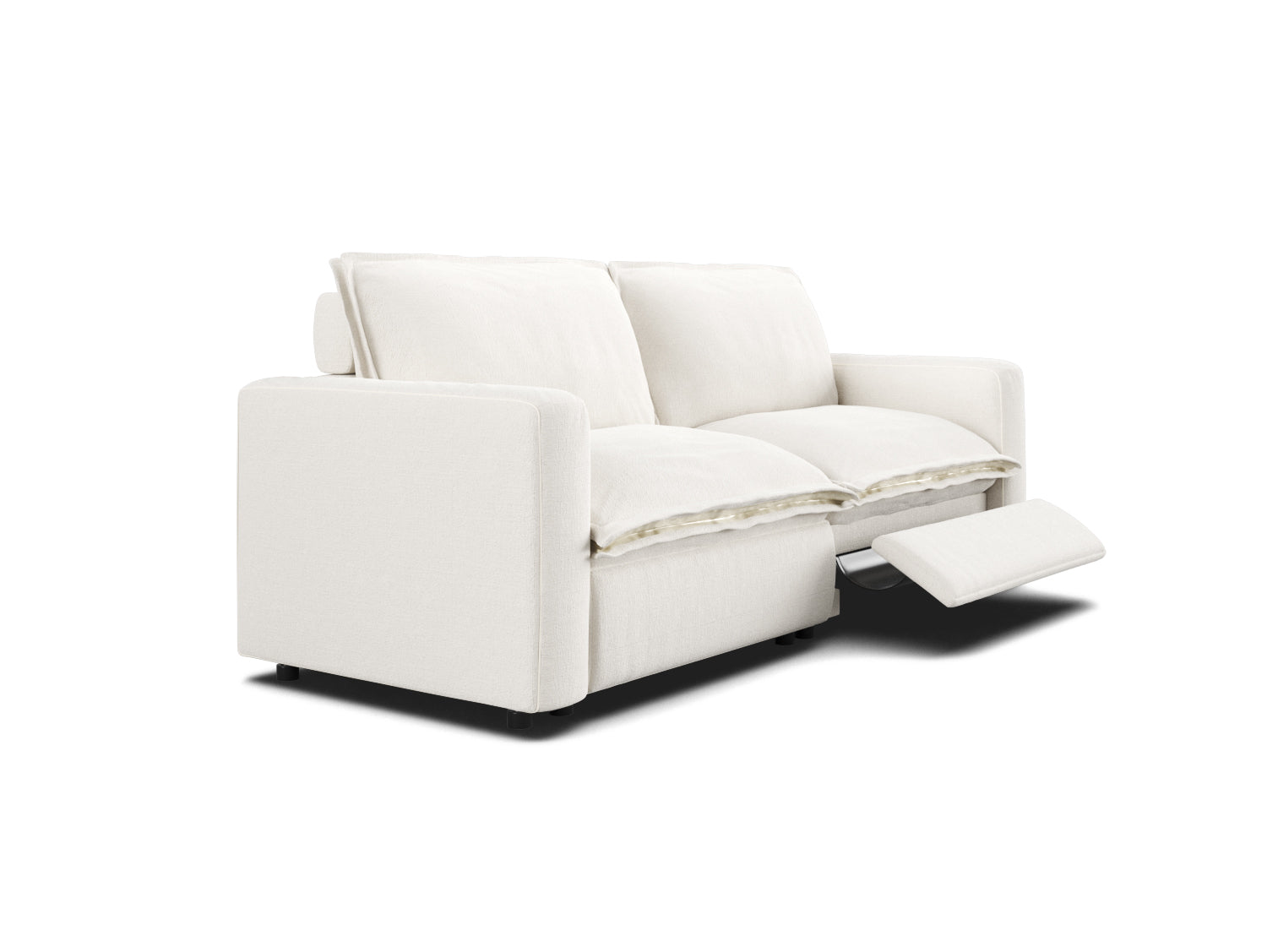Unlock the Secrets to Choosing the Perfect Durable Reclining Couch That Will Transform Your Living Space!
In the realm of home décor, the right furniture can transform a space from ordinary to extraordinary. Among the most sought-after pieces are durable reclining couches, which not only offer a comfortable lounging experience but also add a touch of elegance to your living room. The importance of high-quality fabric in this equation cannot be overstated, as it greatly enhances both the comfort and longevity of your couch. This article aims to guide you through the maze of options available, helping you choose the perfect durable reclining couch that meets your needs and complements your style.

Understanding Durable Materials for Reclining Couches
When it comes to selecting a durable reclining couch, the material is paramount. High-quality fabrics can make all the difference in terms of comfort, longevity, and ease of maintenance. One popular option is leather, which is known for its luxurious feel and resistance to wear and tear. It ages beautifully, developing a rich patina over time, which many find appealing. However, it's important to note that leather may require some upkeep to maintain its luster.
Another excellent choice is microfiber, a synthetic material that boasts durability and stain resistance. Microfiber is incredibly easy to clean, making it ideal for households with pets or children. Friends of mine who have young kids swear by their microfiber couches, as they can effortlessly wipe away spills and messes without leaving a trace.
Lastly, polyester is another popular fabric for reclining couches. It combines affordability with durability and is available in a wide array of colors and patterns. Polyester is resistant to fading and can withstand daily wear, making it a practical choice for busy households. Each of these materials brings unique advantages to the table, so understanding their characteristics will help you select the best option for your lifestyle.
Key Features to Consider When Choosing a Reclining Couch
Beyond materials, the features of a reclining couch play a crucial role in its overall functionality and comfort. One of the most important aspects is the reclining mechanism itself. There are various types, including manual levers and power recline options. While manual mechanisms may be more reliable over time, power recliners often offer more adjustment positions for personalized comfort. If you’re someone who enjoys lounging for hours, a power recliner might be worth considering.
The frame construction is another key feature to evaluate. Couches with a solid wood frame tend to be more durable and sturdy compared to those made with particle board or softer woods. A well-constructed frame will not only support the couch's weight but also maintain its shape over time. Additionally, pay attention to the cushioning. High-density foam provides excellent support and comfort, while soft cushions might feel cozy initially but can sag quicker.
As a personal anecdote, I once helped a friend choose a reclining couch, and we learned the hard way about the importance of frame quality. They opted for a beautiful couch that looked fantastic in the showroom, but it had a flimsy frame. Within a year, it required extensive repairs due to sagging. This experience has reinforced the importance of investing in quality features that will enhance the durability and comfort of your couch.
Tips for Selecting the Right Durable Reclining Couch
With so many options available, selecting the right durable reclining couch can feel overwhelming. However, a few practical tips can simplify your shopping experience. First, measure your space accurately. Ensure that the couch will fit comfortably in your living area, allowing enough space for movement and other furniture. You don’t want to fall in love with a couch only to find out that it’s too large for your room.
Next, consider style compatibility. Think about the overall aesthetic of your home. Whether you prefer a modern, minimalist look or a more traditional, cozy vibe, choose a couch that complements your existing décor. Testing comfort levels is crucial as well. Sit on the couch to gauge its comfort; don't hesitate to recline and see how it feels. A couch may look great, but if it's not comfortable, it won't serve its purpose.
Finally, evaluate warranty options. A good warranty can provide peace of mind, assuring you that your investment is protected. Look for couches that offer comprehensive coverage on both materials and mechanisms. This can be especially important for reclining couches, which may experience more wear and tear than standard sofas.
Making an Informed Choice
Choosing the perfect durable reclining couch is an essential investment for any home. By understanding the various materials and their benefits, recognizing key features that enhance functionality, and following practical tips for selection, you can make an informed decision that elevates your living space. Remember, a well-chosen couch not only serves as a comfortable spot for relaxation but also enhances the overall ambiance of your home. Take your time, do your research, and enjoy the process of finding a couch that will be a cherished part of your home for years to come.










Comments